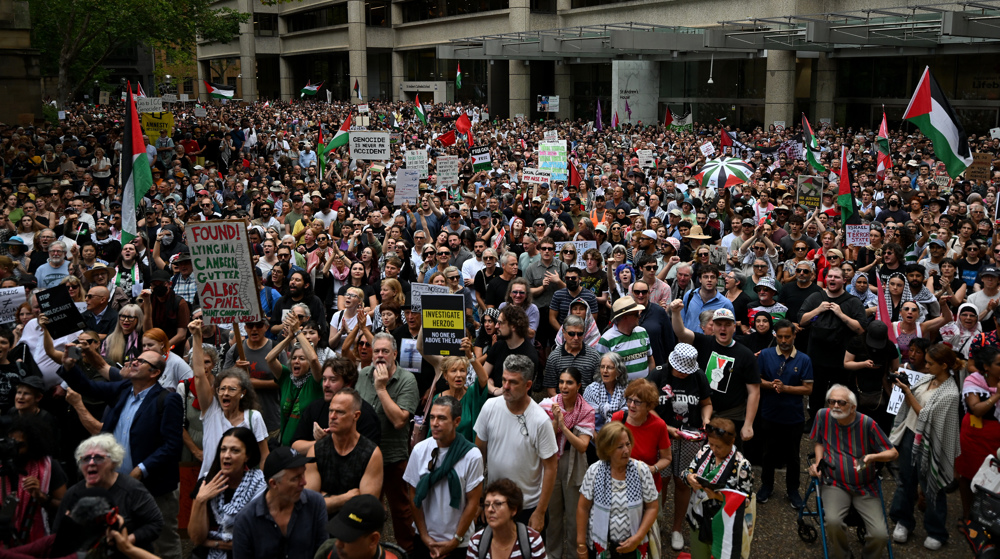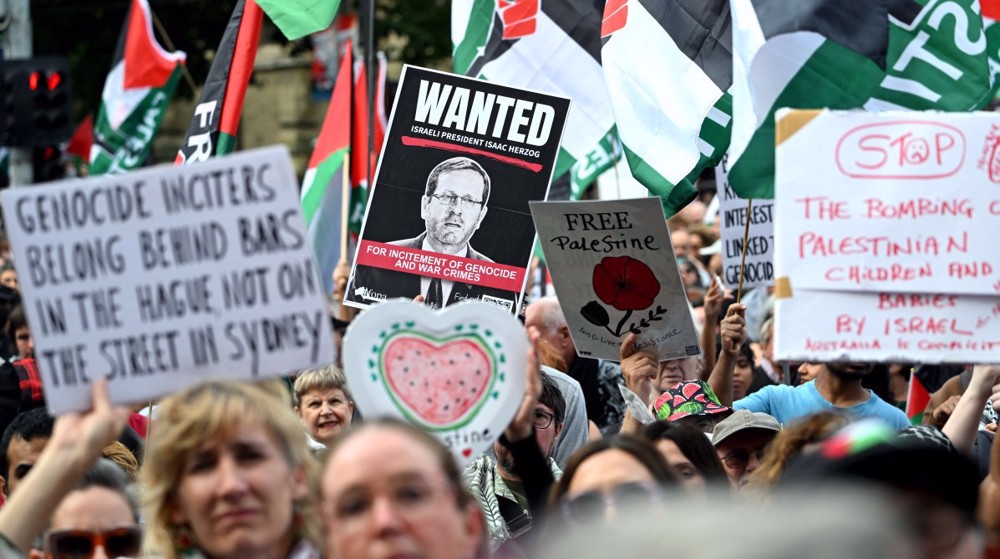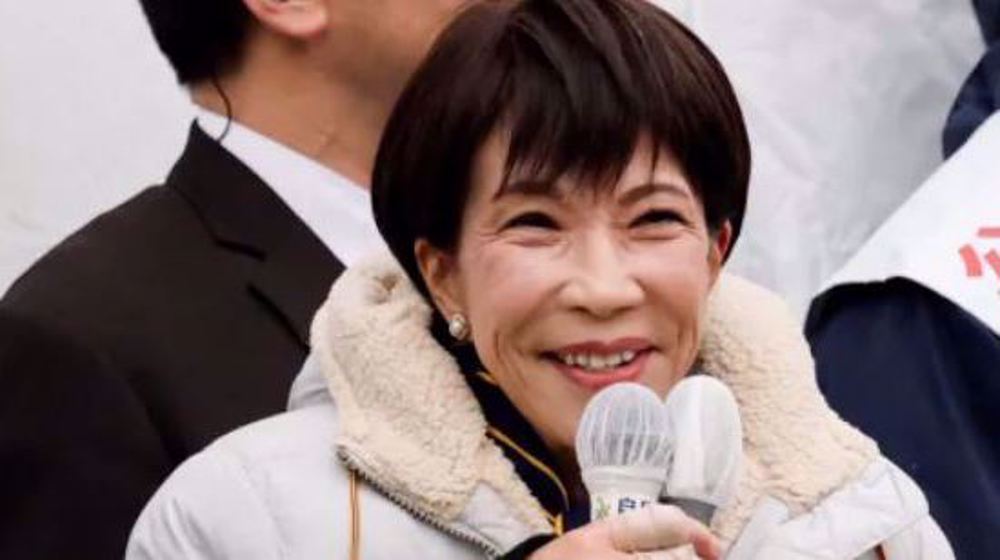UN calls for calm after Myanmar police shoot, wound Rohingya Muslims
The United Nations has called for calm after several members of persecuted Rohingya Muslims were shot and wounded at a camp in the western state of Rakhine.
Knut Ostby, head of the UN office in Myanmar, in a statement on Monday called for "calm, non-violence and restraint" in Ah Nauk Ye camp, which is located about 15 kilometers east of Sittwe, capital of Rakhine.
Witnesses said at least four Rohingya Muslims were shot and wounded as Myanmar police entered the camp in central Rakhine state's Pauktaw township on Sunday morning.
Noor Hakim, an Ah Nauk Ye resident, said that the trouble started on Sunday soon after 20 police arrived and crowds gathered. "I am not sure where the police shot but four people got injured and among them, one seriously."
He added that one of the wounded was sent to Sittwe hospital. Another man said his son was hit on the left thigh.
Witnesses said officers were trying to arrest two Rohingya suspected of links with a boat carrying over 100 Rohingya last week.
Myanmar's immigration authorities on Friday arrested 106 Rohingya members who were heading to Malaysia. Authorities stopped a boat about 30 kilometers south of Yangon. The group was taken back to Rakhine on Sunday by Myanmar's navy.
For years, the Rohingya on both sides of the border have boarded boats in the dry months between November and March, when the sea is calm. The perilous journey to Thailand and Malaysia, often undertaken in rickety vessels, has cost many lives.
Thousands of Rohingya have been confined to camps outside Sittwe since violence swept Rakhine in 2012. More than 4,000 people live in Ah Nauk Ye. They are denied free movement, access to decent healthcare and education.
Last year, Solidarites International, an international aid group, warned the conditions at Ah Nauk Ye, home to more than 4,000 Rohingya, were severe. It said the "natural environment" at the camp was "unsuitable to human settlement" and warned of water shortages, poor access to livelihood opportunities and communal violence.
International aid groups worry many refugees may once again risk traveling to Southeast Asia by boat, a route previously popular among Rohingya Muslims seeking economic opportunities outside the crowded camps.
Hundreds of thousands of Rohingya Muslims have also been living for more than a year in cramped refugee camps in southeastern Bangladesh after fleeing violence in Rakhine at the hands of the Myanmar military.

In late October, Bangladesh and Myanmar agreed to begin to repatriate hundreds of thousands of Rohingya refugees who fled last year.
None of those on the list agreed to return if their demands for justice, citizenship and the ability to go back to their original villages and land were not met.
"I don't think anyone's agreeing to go back without these," said Kalam, who last week called on the international community to pressure Myanmar to accept certain "logical and acceptable" demands in order for any repatriation to take place.
Abul Kalam, Bangladesh's refugee relief and repatriation commissioner, said on Sunday that Bangladesh's plans to tackle the Rohingya refugee crisis had been stalled until the new year with repatriation and relocation programs.
Myanmar's government has faced international condemnation for failing to halt the brutal persecution of Rohingya Muslims by military forces and Buddhist extremists.
The Rohingya trace their presence in Rakhine back centuries, but most people in Buddhist-majority Myanmar see them as unwanted immigrants from Bangladesh, with the state denying the Muslims citizenship.
VIDEO | 'Land of Angels' sweeps 44th Fajr Film Fest. awards
Iran dismisses claims of detainee rights violations as ‘psychological warfare’
VIDEO | The business of humanity
VIDEO | 47th anniversary of Islamic Revolution marked in Russia
Two US Navy ships collide near South America amid Trump buildup
Over 2,000 Britons served in Israeli military during Gaza genocide: Report
Houthi: Iranian, Yemeni revolutions inspire Islamic nation in face of enemy plots
Iran defeating sanctions for decades since Islamic Revolution victory












 This makes it easy to access the Press TV website
This makes it easy to access the Press TV website